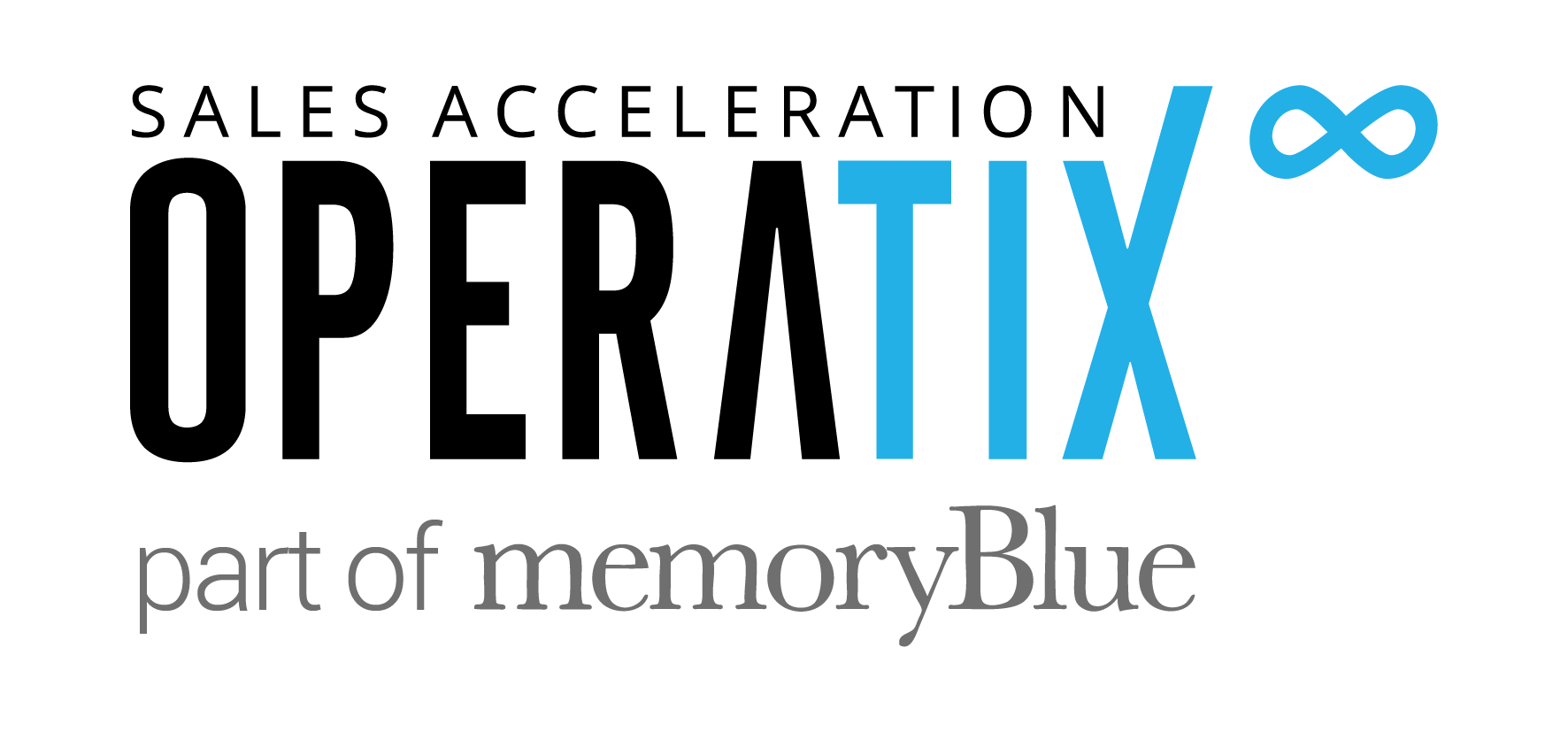Marketing attribution is an essential part of any business, with long-term data helping to optimise spend while connecting the dots between strategies and growth. After all, it’s no secret that data-driven marketing plans that utilise reliable audience insights are the most successful.
However, the increasing rate at which the digital world of sales and marketing evolves can make it difficult to predict how best to target leads. A consumer’s path to purchase is no longer as linear as it used to be, making tangible marketing attribution software a key investment.
Our host CEO of Operatix Aurelien Mottier sat down with the CEO of Proof Analytics Mark Stouse to discuss using marketing attribution in the complex digital world. From understanding what this term means to common misconceptions, discover expert insights into marketing attribution in today’s episode of B2B Revenue Acceleration.
What is marketing attribution?
Marketing attribution is the process of measuring the touchpoints prospects encounter along their journey to purchase. The aim is to identify which strategies or channels were most influential in the conversion, as well as those that may not be worth further investment.
While the name may suggest otherwise, marketing attribution tools are not designed just to serve marketers. There are two other key personas that benefit from automated marketing attribution – the analyst and the business user.
“This is not about solving a marketing problem for marketing alone. We’re the bridge between these people – there are two different personas, the analyst and the business user.“
Mark Stouse, CEO of Proof Analytics
The analyst prefers to deep dive into the data and predictive analytics, while the business user much prefers clear-cut guidance as to how to optimise market investments. Mark compares the latter to a GPS-style system, giving the user a direction of where to go, short-cuts and any re-routes you need to take.
Businesses previously relied on human resources to track, understand and create a strategy based upon these analytics, making it not only a costly function, but a timely one. The problem was, by the time the answer was ready, it was no longer relevant to your decision.
Noticing a gap in the market, Mark Stouse and his team set out to create a fully optimized, fully automated marketing mix modelling software platform – and thus Proof Analytics was born. Predictive analytics allows businesses to streamline execution while visualising alternative methods and keep up with the changing market.
Marketing Attribution in a Complex Digital Era
The world of marketing is constantly evolving, and most of the impact is created by things beyond your control. What you can control, however, is how you respond and adapt to these changes. Mark compares this to a wave – you can’t control the wave, nor did you generate it, but you must learn to ride as best as possible.
Staying stagnant in your approach to marketing will never result in the success you want to achieve. Rather, understanding how the marketplace is changing as well as how these changes can affect strategies and spend is vital. The data produced by marketing attribution tools provides clarity about what continues to work well and areas that need improvement – or a complete overhaul.
“The most important thing today in a multi-variable world that’s full of change is figuring out what’s changing around you. How do I react in response to that?“
Mark Stouse, CEO of Proof Analytics
While there is importance in responding to market evolution, you must strike the right balance. Reacting for the sake of reacting rather than doing so at an appropriate timescale can cause you to over-correct your journey, meaning you’ll never see the full potential of your efforts.
Mark recommends a more experimental approach when trends divert from your ideal path, making changes incrementally over jumping into the deep end. You’ll see much more success pivoting plans, calibrating effectiveness and forecasting results with analytics rather than changing strategies at the drop of a hat.
Misconceptions about marketing attribution
The biggest mistake business leaders make is assuming that you’ll see instant results with branding and marketing. This may be true in B2C retail, where there is a low purchase risk, immediate feedback loop and tight turnaround, but B2B requires more patience.
Both Mark and Aurelien point out that if you’re judging the success of your campaigns within the first quarter, you won’t be seeing their full potential. There is a significant time lag between data collection, analysis, and action in the world of B2B. Many CFOs and CEOs make the mistake of giving up on strategies before they’ve had time to have any effect.
Marketing attribution analytics allows businesses to optimize their marketing strategies using predictive data, pivoting them in the right direction as the market changes, as opposed to giving up on them entirely.
Another misconception about marketing attribution is that branding isn’t important, but rather marketers spending money for the sake of it. Branding is essential in building the trust needed to take a prospect from lead to client, building trust to speed up the process and limit the worry of risk. The more confidence you have from your customer, the more likely they are to spend more and the faster they will make a decision that benefits you.
“Demand is the machinery of marketing, but the lubrication that allows things to move more smoothly and faster is brand.”
Mark Stouse, CEO of Proof Analytics
Because of the amount of risk involved in the buyer’s journey, B2B sales comes with notoriously long sales cycles. No matter how great your product is, leads will idle away time weighing up if the risk is worth it if trust isn’t built. Investing in brand and marketing secures your place as a reputable business that delivers upon promises.
To hear this interview and many more like it, subscribe to B2B Revenue Acceleration on Apple Podcasts, Spotify, our website, or anywhere you get podcasts.





